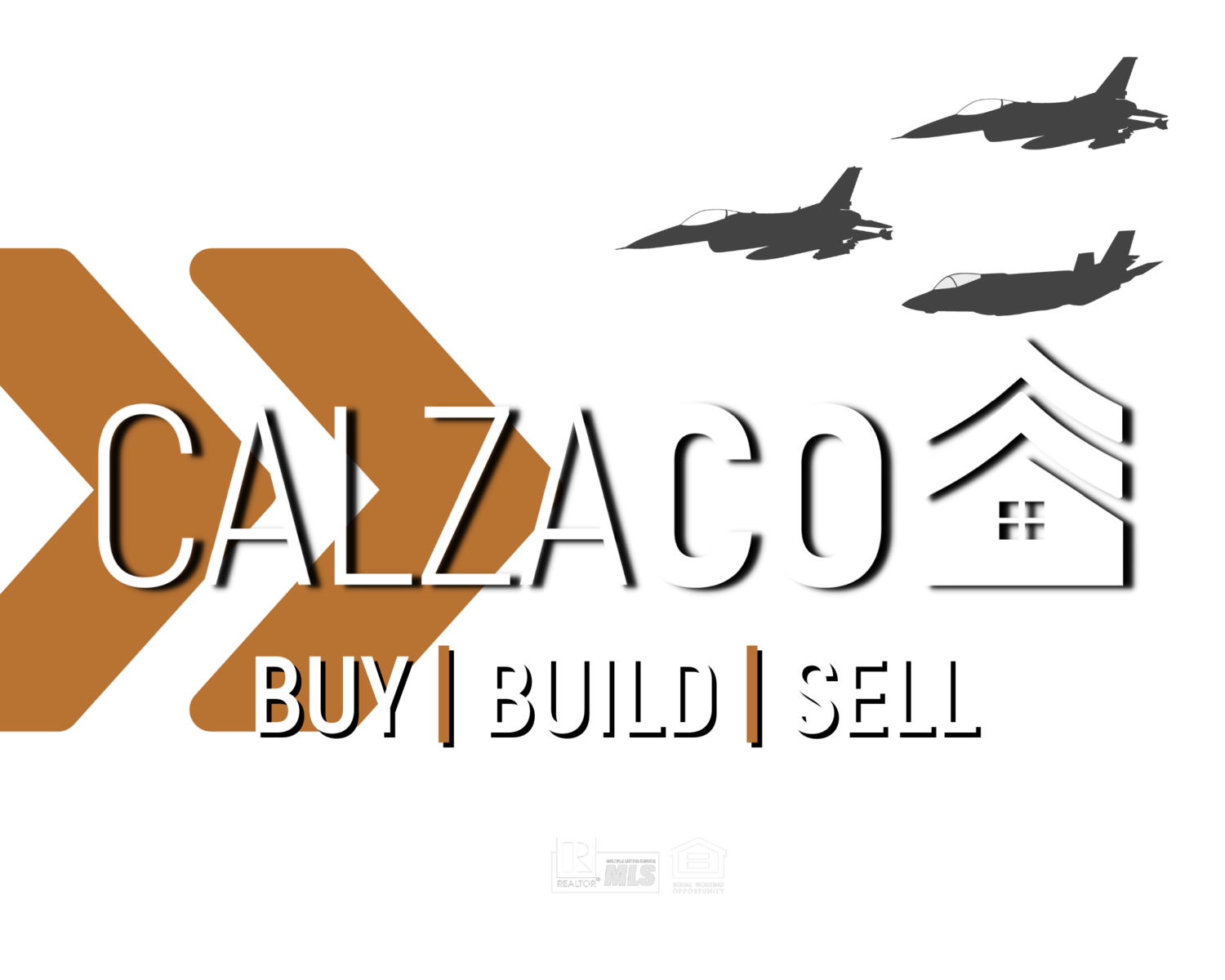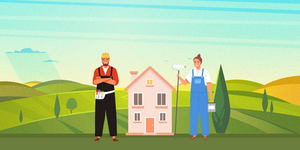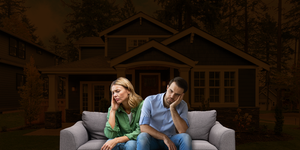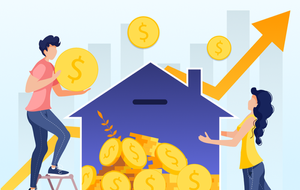Part 3 of Everything You Need To Know About Your Home's Value series
Here are home improvement projects that may not increase the value of your property, and could even bring it down when it's time for you to sell. You might want to keep these things in mind before spending some money to renovate your home.
Upscale kitchen remodel
A high-end kitchen might be the ultimate gift for any home chef. Especially after several months of isolation, our kitchens might have become our comfort place. But if you think upgrading your kitchen to a “gourmet” status with a commercial stove, marble countertops, and high-end appliances will automatically increase its resale value, you might be in for a surprise.
According to Remodeling magazine's 2020 Cost vs. Value report, an upscale kitchen renovation recoups just 54% of its cost in added value. So think twice before upgrading your space into a fancy, restaurant-style kitchen whose style doesn’t fit in with the rest of the house, or the neighborhood. This kind of kitchen remodel might even deter potential buyers. Focus instead on small kitchen upgrades that could yield a bigger payoff.
Swimming pool
It's a dream come true to lounge by the pool, cocktails in hand, in the comforts of your own backyard. But while you can’t put a price tag on how much joy a swimming pool will add to your home and quality of life, you might want to think twice before considering this update.
According to HouseLogic, installing an in-ground pool might only make more financial sense if you live in a state with a year-round hot or warm climate, or if you live in a higher-end neighborhood where most homes have pools. Your home’s value could only increase by no more than 7% after the pool installation, and only in certain circumstances.
Not to mention, pools are expensive to install, difficult and pricey to maintain, increase your energy costs, and could even raise your homeowner’s insurance. And since a pool could also pose as a hazard, it might be a turn-off for buyers with small children. With its very minor potential value increase, a swimming pool addition may simply not be worth it.
High-end landscaping
There's no doubt that landscaping can dramatically improve the curb appeal of a home. However, investing in expensive landscaping and going over the top to create what could be a backyard paradise will not increase your home’s value. Rather, it will only increase the maintenance required for it, which could be a concern to potential buyers. If you plan to sell, the sad truth is you won’t recoup the cost of the high-end landscaping in the sale.
Likewise, any fancy decorative additions you add to make your lawn more attractive may not match the buyers’ tastes. This is why it’s best to stick with keeping your garden beautiful but won’t require countless hours of work. Should you wish to add any decorative window boxes and other lawn enhancements, make sure that they can be easily removed. A well-kept lawn that is easy to maintain all-year round will certainly make a better impression than a backyard with upscale landscaping.
Sunroom addition
Unless the homes in your neighborhood have sunrooms that will help you stay competitive when you decide to sell, a sunroom addition adds very little to your home's value. This project can cost anywhere from $30,000 to $70,000, making it one of the most expensive home upgrades. And yet, it has one of the lowest returns on investment, returning an average of only about 49% of money spent.
So even if a sunroom can be a great space for you to enjoy the outdoors, think carefully about how often you will use it before deciding to do this costly upgrade. Also, remember that a sunroom can also raise your energy costs in the winter and summer since glass doesn’t provide insulation.
Whirlpool tubs and other luxury bathroom upgrades
Similar to swimming pools, tubs and other upscale bathroom improvements are also a gamble. Hot tubs and whirlpool baths take up space, require constant maintenance, and may result in higher monthly energy bills. Plus, home buyers with younger children might consider a tub as a safety hazard as some of them are difficult to climb into.
If a hot tub is one of your must-haves, consider a portable hot tub instead of a built-in one so you could potentially take it with you when you move, or the new homeowners can easily remove it whenever they want to. Also, you might want to consider a walk-in shower that many homeowners can use frequently and will appeal to a wider pool of buyers.
Further, don't get carried away by luxury bathroom additions like waterfall showers and over-personalized finishes that may cater only to buyers with specific tastes.
Too much customization
We all love to make our homes better and more enjoyable to live in. However, any over-personalized or drastic renovations can hurt your home's value. Quirky tiling, wallpaper, adding textures and bold paint to walls, and other customized features will not appeal to the broadest pool of buyers. Worst, they will see it only as a distraction or as an added expense, especially if they will have to spend time and money to remodel it. So steer clear of any upgrades that are so personal or so specific that they will not add any resale value and will turn home buyers away when it’s time for you to sell your home.
Bottom Line
Research before you renovate.
Before doing any renovations, you need to look at your neighborhood. Look at comparable homes for sale near you and make sure the improvements you're planning to make align with the norms of your neighborhood, especially since individual markets place different values on different home improvements. And since buyers will also look at the average price of a home in your area, remember to have almost the same features or else your property will be priced out of the expected range and you won’t get your money back.
Talk to an agent who is an expert in your market/neighborhood.
Especially if you’re planning to list your home soon, the best way to know what you can expect in terms of resale value is talk to a real estate agent who knows your market well. They’re sure to know the local trends and can inform you about how other homes with similar features you want to add are selling. They will also help you compare your home to all the homes that have sold in the last three years to help define its value. This way, you can make an educated decision before you start a renovation that could affect your biggest investment.
Never go overboard.
Lastly, remember that renovations should enhance your home, not price it out of the local market. So avoid any over-the-top renovation or too much customization that could hurt your home’s value and make it a huge turn-off to potential buyers. If your heart is already set on a particular home improvement project, do it mainly for your own enjoyment but not as an investment, especially if you’re staying in the house long-term.
